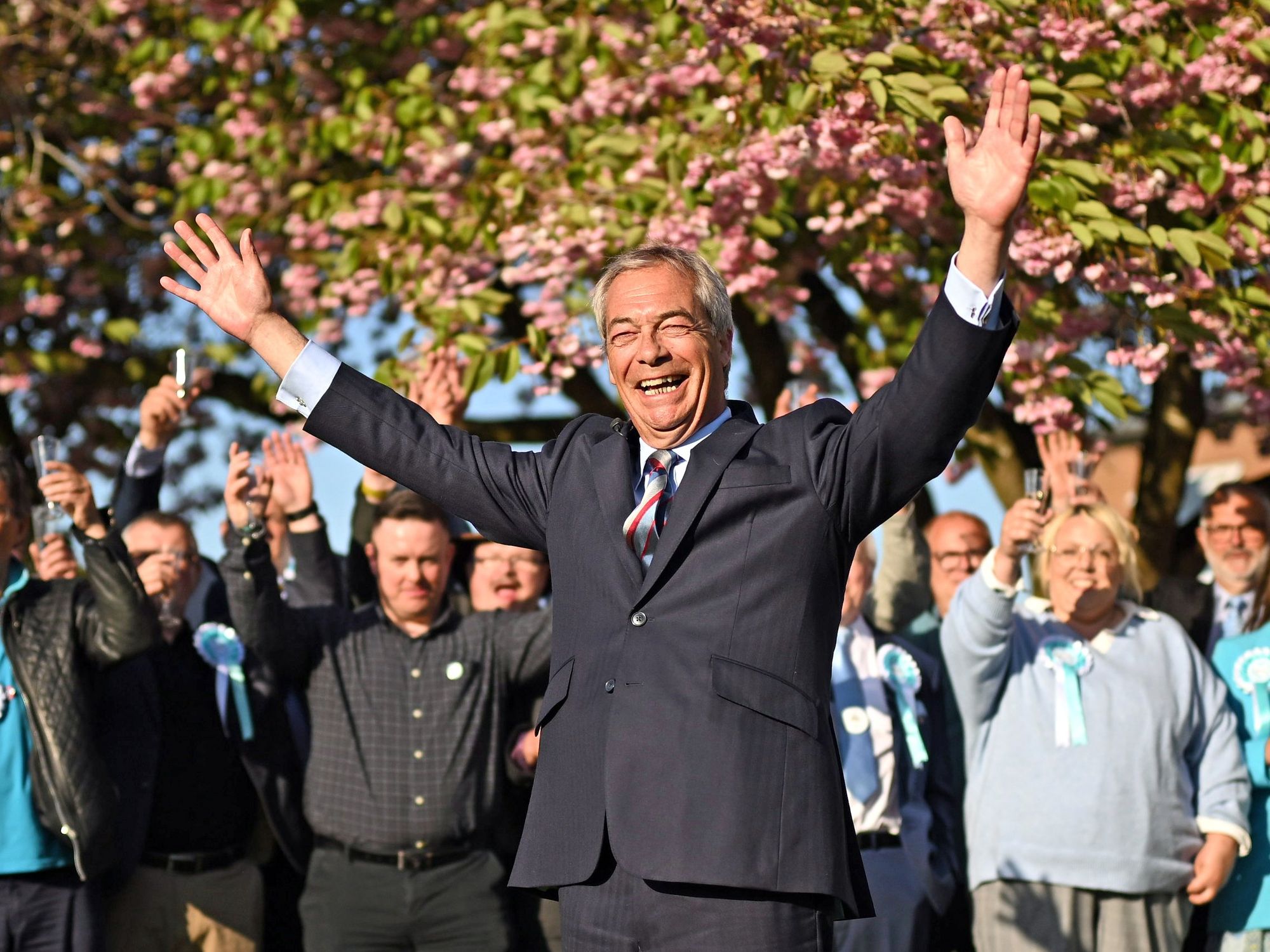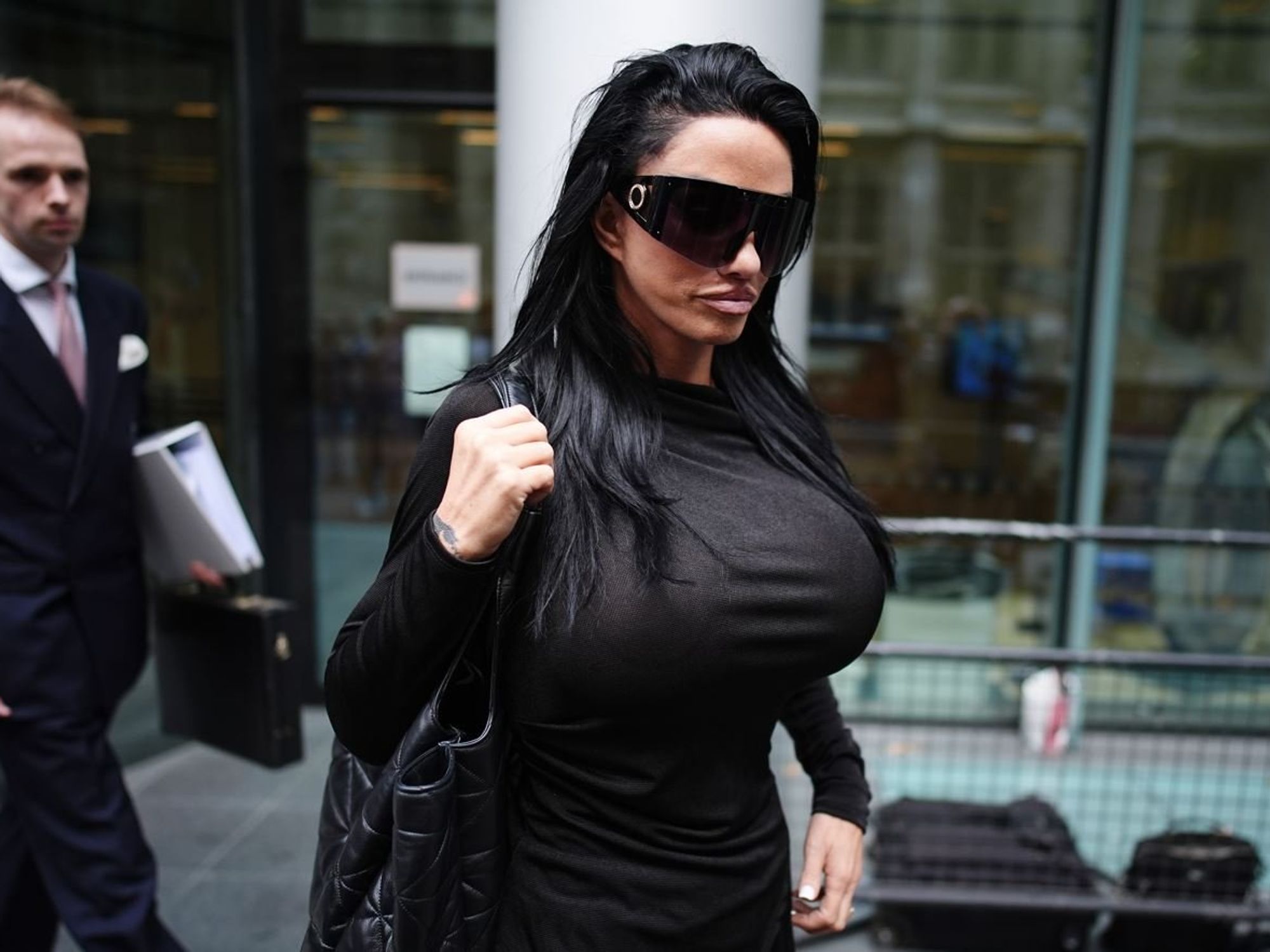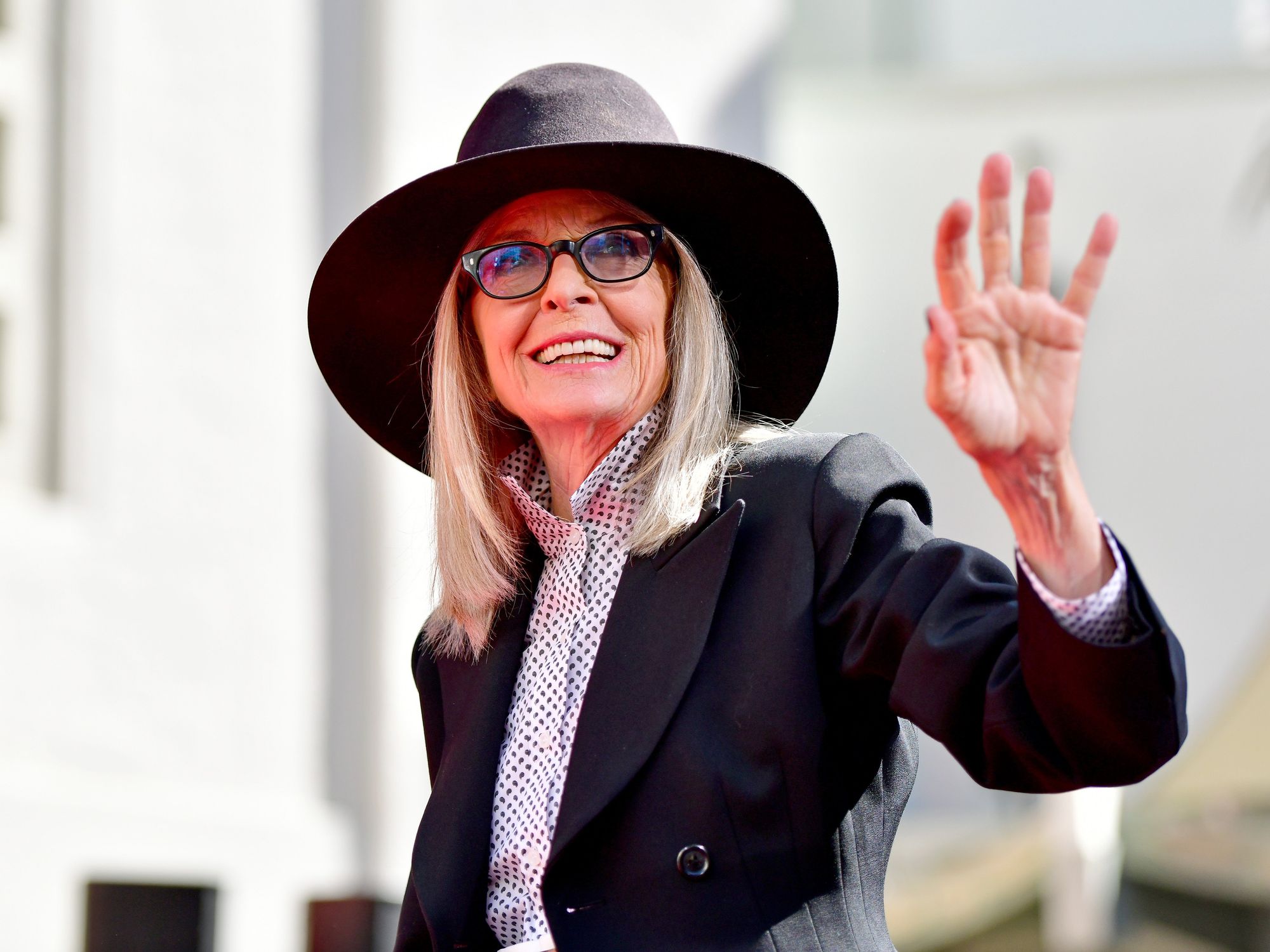Is the Royal Family 'value for money'? Here's what the numbers tell us
The King's decision to decommission the Royal Train due to spiralling costs has reignited the age-old debate
Don't Miss
Most Read
Latest
The King has made the decision to decommission the Royal Train in 2027, 30 years since the late Queen Elizabeth shed a rare public tear, watching her beloved Royal Yacht Britannia end its final journey.
His Majesty is said to have fond memories of the train, even having his own carriage added in the mid-1980's.
The cost of maintenance and upgrades, however, has proved too much, suggesting His Majesty is mindful of the public cost of funding the official duties of the Royal Family.
The Sovereign Grant report, published today, details how public money is spent on funding the monarchy, calculated as a percentage of Crown Estate profits two years previously.
His Majesty surrenders the remaining profits to the Treasury.
When it became clear two years ago that extra money from offshore wind developments would increase Crown Estate profits, His Majesty wanted the additional income to be "directed for the wider public good", so the Sovereign Grant was cut from 25 per cent to 12 per cent.
However, a major 10-year reservicing programme is taking place at Buckingham Palace, largely to protect the building from fires and floods caused by out-of-date wires and plumbing.
It had previously been agreed that £369 million of public funds would be spent on the programme, and so far, just over £266million has been spent.
Even though the percentage of Crown Estate profits used to fund the Sovereign Grant has decreased, the windfall means The King will receive an extra £91.4million over the next two years.

Is the Royal Family 'value for money'? Here's what the numbers tell us
|Getty Images
Republicans may argue the millions spent refurbishing one building could be better spent by the UK Government for the benefit of the country, but monarchists see the cost associated with the Royal Family as 'value for money'.
The 'soft power' King Charles wields, it has been argued, strengthens relations between the UK and other nations - particularly useful when trying to strike a trade deal with President Donald Trump.
According to the Institute for Government, royal-themed products (from memorabilia to television shows like The Crown) are estimated to be worth tens of millions of pounds.
Although republicans dismiss the 'tourism' argument for keeping the monarchy, there was a 28% increase in Eurostar train bookings to the UK before Prince William and Catherine's wedding in 2011 - tourists then spent money on UK businesses.
There have been a number of major Royal events in the fourteen years since, and I suspect similar increases in inward travel to Britain boosted the economy - although it is hard to quantify.
The Institute for Government also suggests that Royal Warrants (something the Prince and Princess of Wales will soon be giving out themselves) support the 'Britishness' of brands - potentially increasing their revenue and profits.
When the Buckingham Palace reservicing work is completed in 2027, the cost of the Sovereign Grant is expected to be significantly less than it has been over the last ten years.
The Sunday Times recently reported Prince William plans to look 'under the hood' of the Royal Household when he ascends the throne, perhaps in an effort to cut further costs for the public.
The Spanish Royal Family, for example, is thought to cost the Spanish public under €10m a year - far less than the British monarchy.
It is unclear if there are plans to significantly reduce the public costs of running the British monarchy in future.










